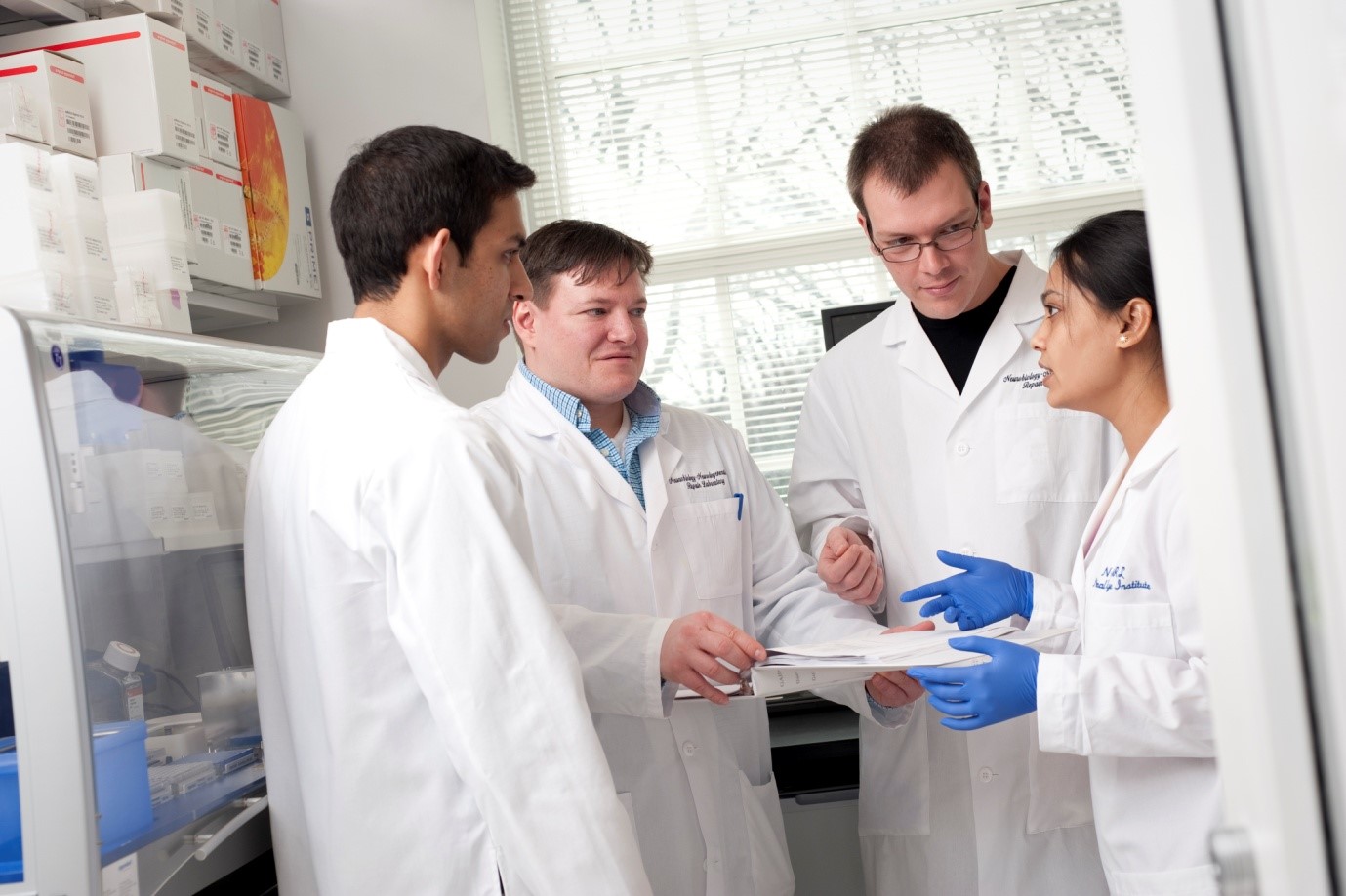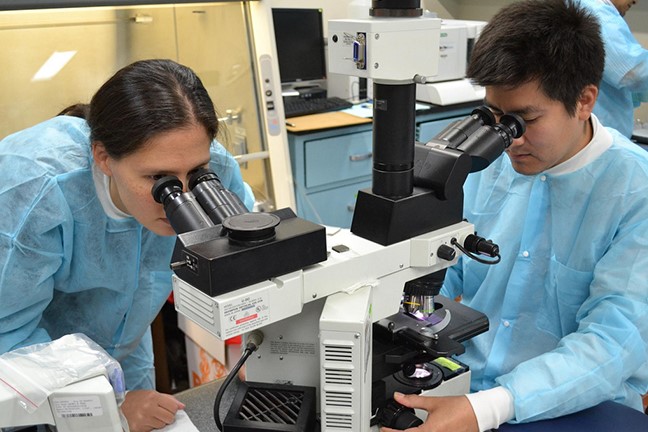International Clinical Trials Day
Saturday the 20th of May is International Clinical Trials day. It marks the anniversary of the first ever clinical trial in 1747 to test the cause of scurvy in sailors.

Clinical trials are important to promote advances in medicine and treatment. Half a million people every year help save lives by taking part in clinical trials which develop new drugs and treatments for many life-threatening illnesses.
The National Institute of Health Research funds and supports world-class research in the UK, and over 666,000 people took part in programmes last year. So 20th May is a day to celebrate contributions made by the patients and the public and advise others of its benefits.
Research
While the cure for scurvy is no longer needed, there are a vast number of conditions which need years of research and trials to help cure. There have been discussions about the results of trials for potential drugs for dementia. Some have been disappointing, while others have shown promising results. Even when studies and new treatments don’t work, much is learned and used in future trials, so nothing is wasted.
Most trials require patients to take either an active drug or a placebo. The researchers will then do tests that compare the groups of patients taking the active drug against those taking the placebo and see if there is any difference between the groups. The test sometimes requires scans or blood tests and also measure memory and thinking abilities. The timescales can vary from just a few weeks to several years.

Involvement
Many people take part in clinical trials because they want to make a difference. Many people with dementia say it helps them better understand their condition and feel they are making a positive contribution to the future of dementia care and treatment.
Some clinical trials require the help of bridging studies from http://www.richmondpharmacology.com/specialist-services/bridging.php, which are supplemental studies on a medicine that is performed in the new region to build a bridge between the information available from the tests already done and the questions arising from ethnic factors.
There is not always a research study to suit everyone, but there are other ways to get involved. Research cannot be done without the help of patients and members of the public coming forward and giving their time to find treatments and cures for life-threatening diseases.


